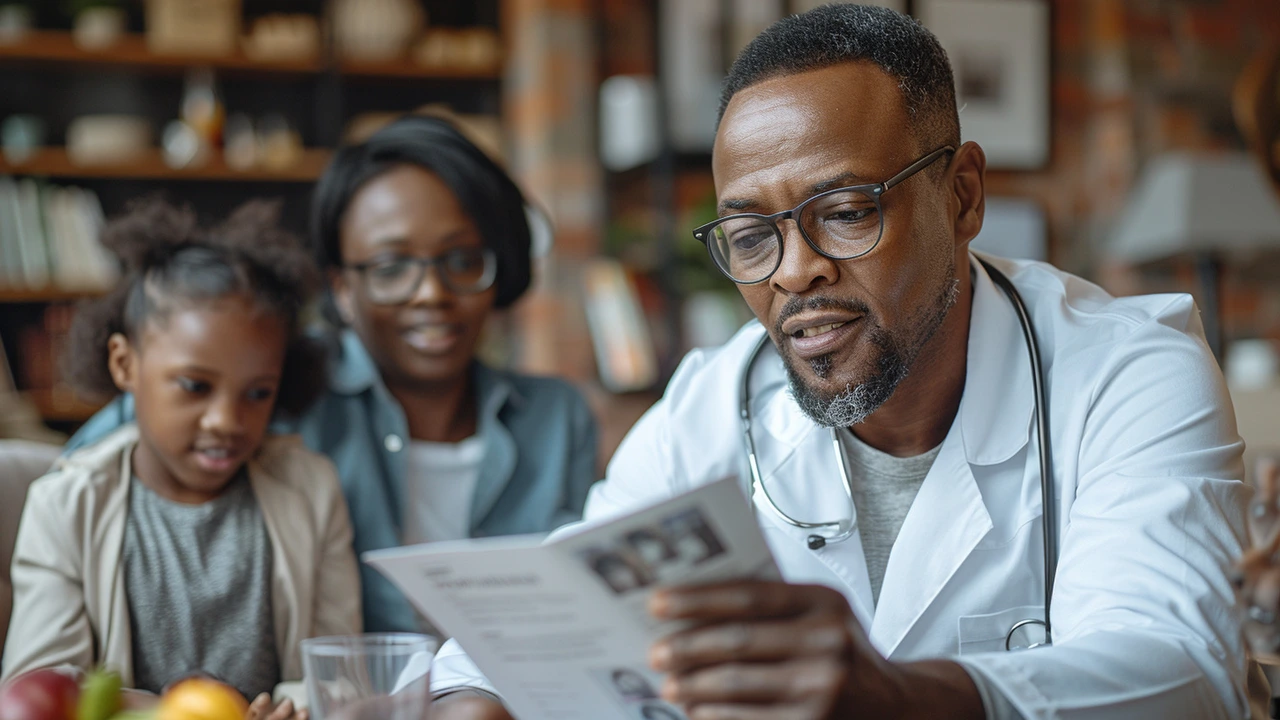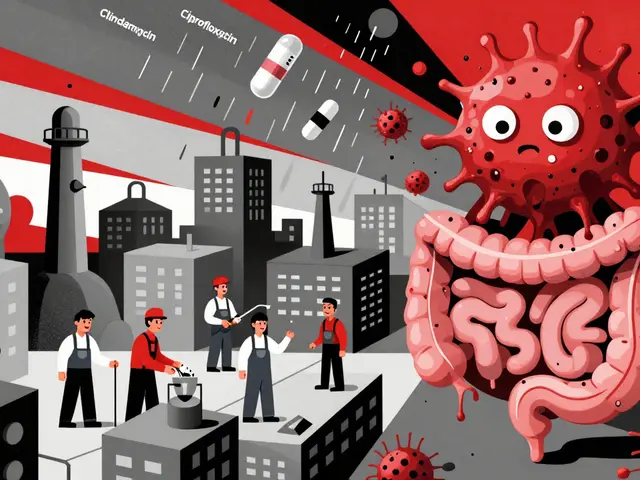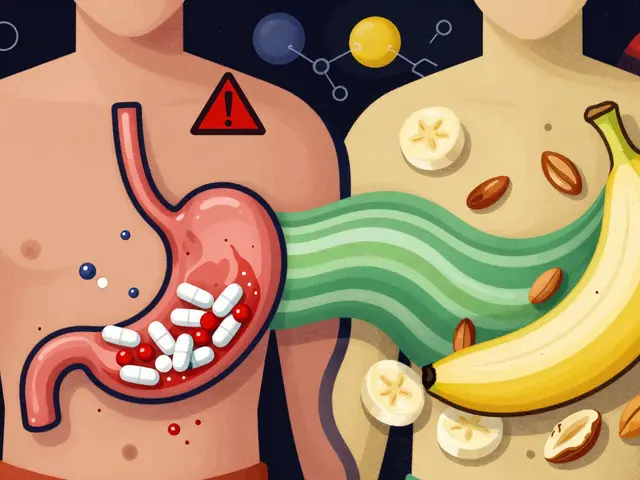Prevention: Practical Ways to Stay Healthy and Avoid Medication Risks
Prevention isn't fancy. It's the everyday steps that keep you out of the clinic and reduce drug-related problems. Want simple moves you can start today? This page pulls together straight talk about staying well, using medicines safely, and spotting risky online pharmacies.
Daily prevention habits that actually work
Wash hands at key times — before eating, after being in crowds, and after using public transit. That small habit cuts infections. Sleep matters: seven hours a night helps your immune system and mood. Move your body: 30 minutes of moderate activity most days lowers risk for heart disease, diabetes, and some cancers. Eat mostly whole foods — vegetables, fruit, beans, whole grains — and cut back on processed snacks and sugary drinks. Those changes add up.
Vaccines are prevention you can’t skip. Flu and COVID boosters, HPV vaccine for younger adults, and routine adult shots like tetanus protect you and others. And screening tests — blood pressure checks, cholesterol, colon screening when due — find problems early when they’re easiest to treat.
Smart medication safety — prevent mistakes and side effects
Keep an up-to-date list of every medicine and supplement you take. Show it to every provider and pharmacist. That avoids dangerous drug interactions. Ask about side effects you should watch for and what to do if they happen. If a drug makes you dizzy, don’t drive until you know how it affects you.
When buying medicine online, stick to pharmacies that require a prescription, display clear contact info, and use secure checkout. Very low prices and no prescription requests are red flags. Read reviews and check for pharmacy licensing in your country. If a product arrives without proper packaging or labeling, don’t use it — return it and report the seller.
Avoid unnecessary antibiotics. They don’t help viral infections and overuse leads to resistant germs. If you’re prescribed antibiotics, take the dose exactly as directed and finish the course unless your doctor tells you otherwise.
For people managing chronic conditions, prevention means regular follow-up. Take blood pressure meds, statins, or diabetes drugs as prescribed and get routine labs. If a medicine causes new problems, talk to your clinician about safe alternatives — there are often good options.
Natural remedies can help, but treat them like medicines: check interactions and quality. For example, supplements like maqui or sour cherry may support health but can interact with blood thinners. Tell your provider about every herb or OTC product you use.
Prevention is practical and personal. Pick one habit to start this week — hydrate more, lock in sleep, or review your medicine list. Want more specific tips? Browse the tag articles on this page for safe buying guides, drug alternatives, and natural prevention ideas tailored to real conditions and concerns.

Understanding Vomiting and Gastroenteritis: Causes, Treatments, and Prevention Tips
Learn about the causes, treatments, and prevention of vomiting and gastroenteritis. This comprehensive guide covers the essentials to help you manage and prevent these common digestive issues.
read more
The Role of Hydration in Preventing Mountain Sickness
As a blogger, I can't stress enough the importance of staying hydrated when embarking on mountain adventures. Hydration plays a crucial role in preventing mountain sickness, which is caused by a lack of oxygen at high altitudes. Drinking plenty of water helps maintain proper circulation and aids in the acclimatization process. Additionally, staying hydrated can reduce symptoms like headaches, dizziness, and fatigue. So remember, pack your reusable water bottle and drink up when conquering those peaks!
read more




